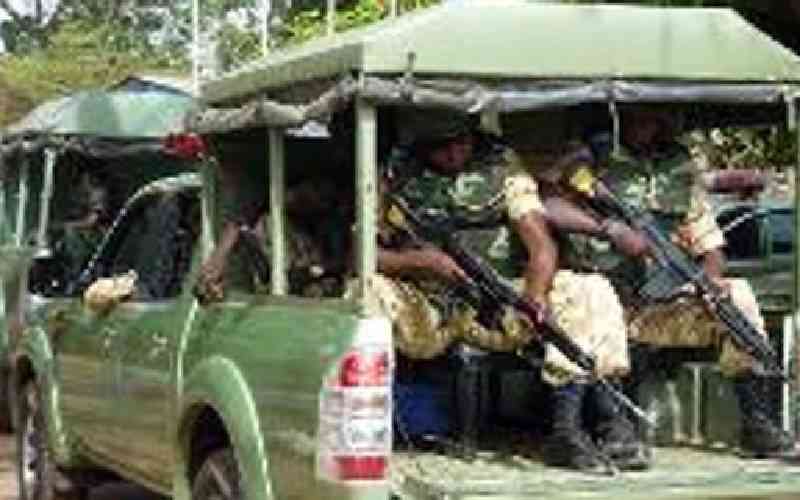×
The Standard e-Paper
Kenya’s Boldest Voice

Armed groups have killed at least 160 people in central Nigeria in a series of attacks on villages, local government officials said Monday.
The toll marked a sharp rise from the initial figure reported by the army Sunday evening of just 16 dead in a region plagued for several years by religious and ethnic tensions.